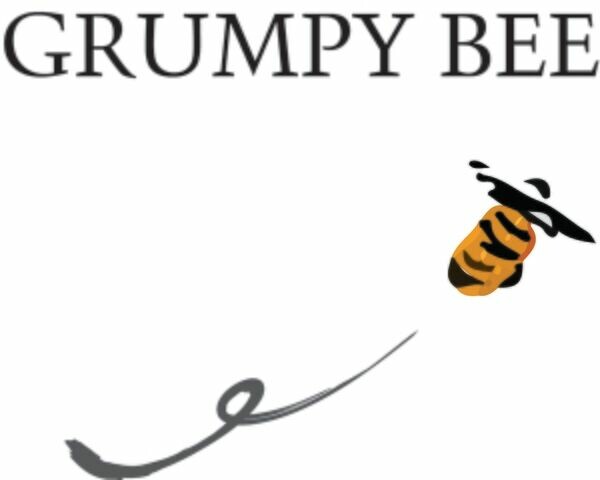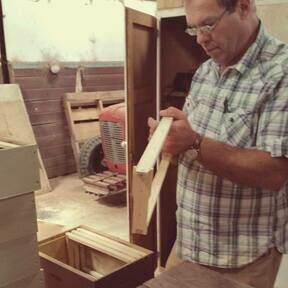Find us at Farm Gate Market on Bathurst Street, Hobart every Sunday and Facebook and Instagram or contact us directly.
Every Sunday
Farm Gate Market, Bathurst Street, Hobart

We are apiarists specializing in the production of Pure, Raw, Unheated, Cold-extracted, Unfiltered Tasmanian Honey and Manuka Honey. Our Honey and Manuka Honey is produced in the pristine Forests and Wilderness World Heritage Areas of Tasmania.

Ross Gordon
store owner
We are a small family owned beekeeping business specializing in the production of cold extracted, raw, unheated Tasmanian honeys, particularly Manuka and Leatherwood. We are based in the Huon Valley with apiary sites spread through the Huon, Picton, Florentine and Styx regions. Since the bushfires of 2019 we have also begun production on Tasmania’s West Coast. Most of our honey production occurs in Tasmanian State Forests, including Wilderness World Heritage areas.
From very humble beginnings we have built the business from the ground up by manufacturing all of our own equipment and rehoming mainly ‘rescue bees’ collected from walls, chimneys, tree stumps, water meter boxes, compost bins and the like, saving them from extermination.
We pride ourselves on our ethos and have won numerous awards for our products.
We try to celebrate the differences in our floral sources by separating rather than blending our products. This results in small, ever changing batches.
We also provide extensive pollination services to many of the fruit orchards in the Huon region.
What does unheated mean?
Our honey is not heated above 45⁰C
What does raw mean?
In the context of honey, raw means unheated, unadulterated, unfiltered and pure.
What is creamed Honey?
Creamed honey is pure, crystallized honey that has been mechanically stirred. The stirring process breaks the chains between crystals and prevents the honey from going rock-hard as it would naturally. The maximum temperature at which honey can be creamed is 32⁰C; lower than the normal beehive temperature which is 35⁰C. For this reason, some customers regard creamed honey as the only raw, unheated option.
Why is raw and unheated honey different from supermarket honey?
Supermarket honeys are normally heated to 70⁰C or higher. This is done mainly to prevent crystallization on the store shelf but, unfortunately, also denatures the enzyme responsible for the production of hydrogen peroxide, the principal agent of antibacterial activity in non-manuka honey varietals.
Why is Manuka honey so expensive?
Manuka honey, particularly that having very high activity, is difficult to produce. Yields are erratic, extraction can be very difficult as manuka honey is thixotropic and extensive, repeated testing is required to confidently label the product with the correct MGO rating.
Does honey go bad?
No is the short answer. Honey has an indefinite shelf life. Manuka honey may start to become less active after a couple of years but during that time will likely also become more active before activity plateaus then begins to gradually decrease.
Does honey need to stay in the fridge?
No. In very hot climates it may be beneficial to keep it in the fridge if your preference is for thicker honey, but refrigeration will also accelerate crystallization of raw honey. Refrigeration is an effective way of keeping ants out.
How does the MGO rating of Manuka honey compare to the NPA (non-peroxide activity) or UMF (unique manuka factor) scale?
You can use this table for a rough conversion:
UMF RATING | MINIMUM MGO* ppm | |
UMF 5+ | MGO 83 | |
UMF 6+ | MGO 113 | |
UMF 7+ | MGO 146 | |
UMF 8+ | MGO 182 | |
UMF 9+ | MGO 222 | |
UMF 10+ | MGO 263 | |
UMF 11+ | MGO 308 | |
UMF 12+ | MGO 356 | |
UMF 13+ | MGO 406 | |
UMF 14+ | MGO 459 | |
UMF 15+ | MGO 514 |
Find us at Farm Gate Market on Bathurst Street, Hobart every Sunday and Facebook and Instagram or contact us directly.